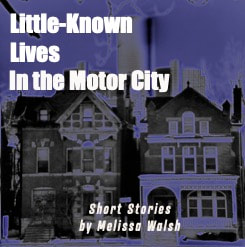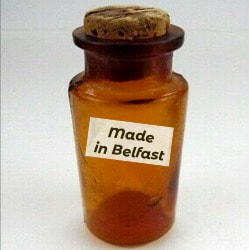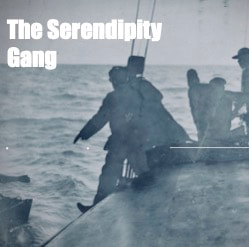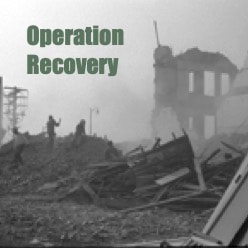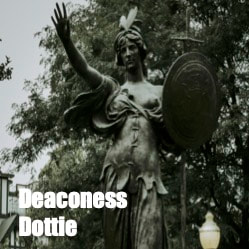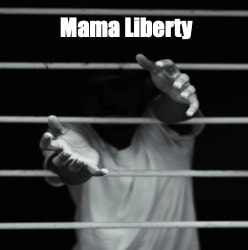Storytelling
The cure for boredom is curiosity. There is no cure for curiosity. ~Dorothy Parker |
I'm a curious person. I always have been. I read a lot. I'm compelled to observe people and events. I'm empathetic. I ask a lot of questions. I take notes constantly. And I write as much as my leisure time allows. When I can't find time to write, I feel grouchy. Writing stories frees my mind and charges my sense of being.
I've been shaped by the working class, enlightened by the liberal arts, touched by Grace, conditioned by struggle, and blessed by the vigorous crazy that goes with raising sons. From this point of view, I share my thoughts and discoveries as saga, poetry, memoir, myth, anecdote, or report. I chase my curiosity with the faith that beauty quietly and persistently lives everywhere, pervasive in nature and also nestled deep in the overlooked or hard-to-look-at places of crisis, failure, and sorrow -- beauty resting to be found, lifted, and set into story. I process into a narrative the lives and events I encounter along my path as a daughter of the Motor City, a student of history, and the matriarch of four young men. In my fiction, I seek to document Truth as tale. In my non-fiction pieces, I seek to deliver Truth as dispatch. I do my best to tell compelling tales about the little-knowns I notice, as captured by my senses, filtered by my understanding, and enlivened by my imagination. |
Fiction
My collection of short fiction
|
I imagine stories about little-known, forgotten Detroiters from periods of the great city’s past. Ten stories are ready for query or beta-read:
Message me via my Contact Melissa page to learn more. |
Made in Belfast
|
Maeve Connell is an 11-year-old Belfast-born girl peddling her mother’s homemade Irish whiskey on Detroit’s Eastside. During the Detroit Gaelic League’s St. Patrick’s feis on March 17, 1922, Maeve witnesses the support from the Detroit section of the Irish diaspora for a united Ireland. She experiences the courage and strength of her mother’s past and senses how politically charged her birth was.
|
The Serendipity Gang
|
Alfred is a Great War veteran and car dealer determined to preserve his family's living style and his staff's employment during the severe economic downturn of 1930. Alfred's pursuit of situational ethics leads him into Detroit's number-two industry -- rum-running.
Image from the Detroit Public Library's Burton Historical Collection. |
Operation Recovery
|
Adman Jack St. Clair arrives in his hometown on business -- on mission to schmooze American Motors execs at the 43rd National Automobile Show in Detroit's brand new Cobo Hall. A veteran of World War II, St. Clair encounters victims of Detroit's tacit war against the powerless, a harsh reality that St. Clair's combat service overseas did nothing to resolve.
Image from the Detroit Public Library's Burton Historical Collection. |
Johnny Good
|
Johnny McGowan reflects on his and his brother Jimmy’s childhood growing up in Detroit. He recalls the intensity of their mother’s unhappiness and the effects of their father’s vices. Johnny’s friendship with a neighborhood girl and her parents shows him the rewards of choosing good.
Photo by Ajeet Mestry on Unsplash. |
Love Child
|
The drama Ruby experiences working at Hitsville helps her understand and articulate signs of loyalty and signs of betrayal and also uncover the power of music in Detroit. This understanding enables Ruby to renew the confidence she lost while in the grips of a narcissistic lover that devalued and disgraced her.
Photo by israel palacio on Unsplash. |
Deaconess Dottie
|
Dorothy Polgssey is the widow of a Detroit police officer living in the city’s Pingree Park neighborhood. She has raised four sons, three of which moved to the suburbs. The youngest was killed in Vietnam in early 1967. Her neighborhood church community had helped her through her grief, but now they’re leaving to “plant” a new church in a suburb 26 miles away. Dorothy refuses to join them and remains in her changing neighborhood, including attending services in the church building she’s worshipped in her entire life. Meanwhile, an intense mayoral election emerges. Will Dottie vote for the law-and-order candidate or the civil-rights candidate?
Photo by Bruno Guerrero on Unsplash. |
The Guardian at Mack Stamping
|
Dan is an automotive tool-and-die maker at Chrysler Mack Avenue Stamping Plant. His perspective shifts after a stranger demonstrates acts of service, rooting out inbred bias and fear and exceeding working-class solidarity. This work of fiction taps Detroit's real history of white flight, inner-city blight, automotive-plant strikes, and the "Devil's Night" arson of October 30, 1978.
Image of Briggs Mack Avenue Plant in 1954, which became the Chrysler Mack Avenue Stamping Plant. Courtesy allpar.com. |
Mama Liberty
|
A family is caught in Detroit’s “war on drugs” in 1987, after the narrator’s 20-year old son is arrested under “reasonable suspicion” of distributing narcotics. The backdrop of the story calls out a well-known true-life victim of Michigan’s mandatory minimum “650-lifer” law — Richard Wershe, White Boy Rick.
Photo by Dev Asangbam on Unsplash. |
The Categorical Imperative in Doc Martens
Renaissance
|
This speculative tale set in Detroit’s inner city during an unspecified time period narrates the faith and struggles a young couple faces with an unexpected, unexplained crisis. They become victims and benefactors of relatives, friends, and strangers. Their experience forms purpose that impacts the world.
|
Nonfiction
The Rookie Hockey Mom

A veteran hockey mom, player, and coach, Melissa takes mothers by the glove through every aspect of the youth hockey journey. Loaded with the wisdom that only a real hockey mom can offer, The Rookie Hockey Mom is a must for hockey-crazy families and the women who drive them everywhere. Available in digital and print editions.


